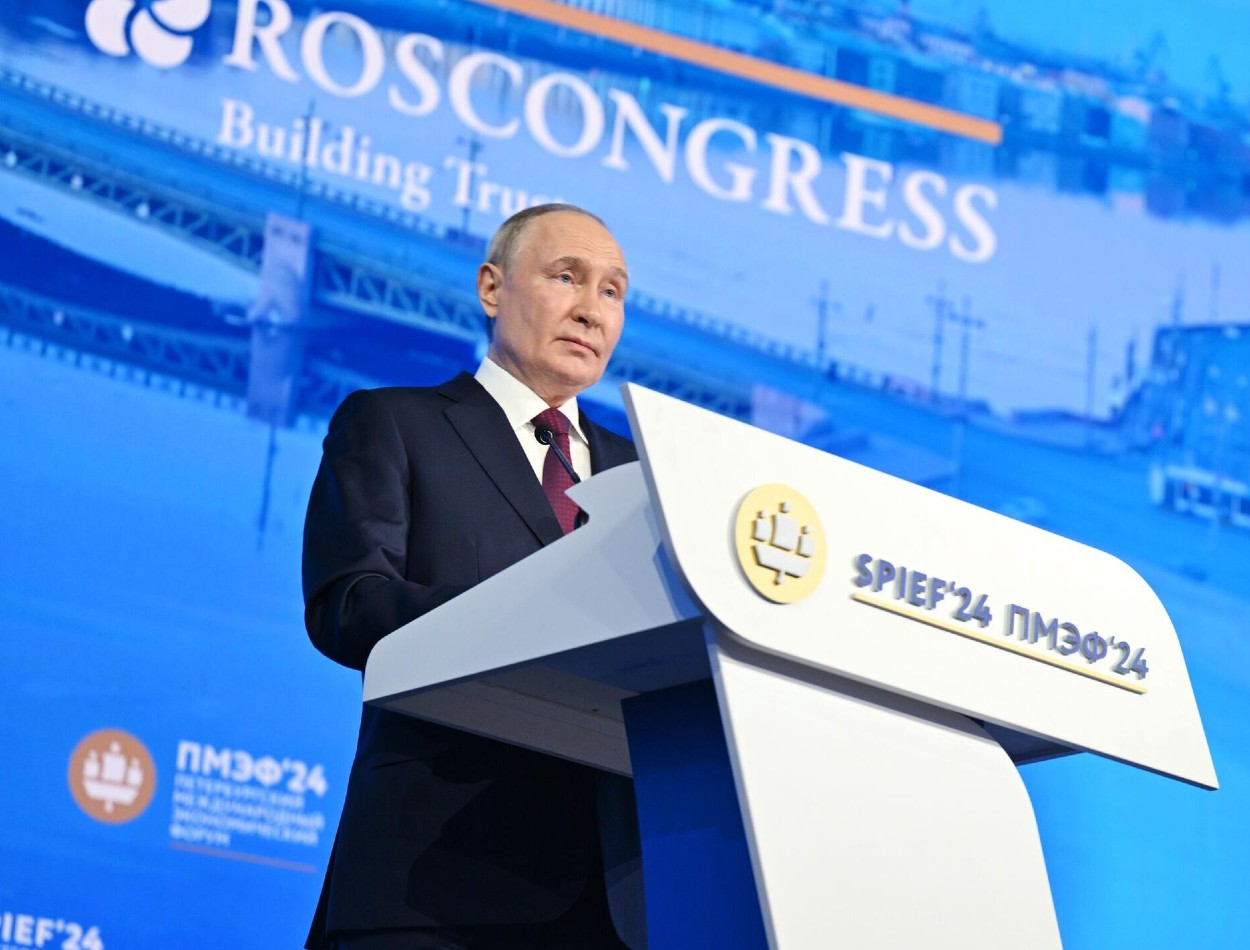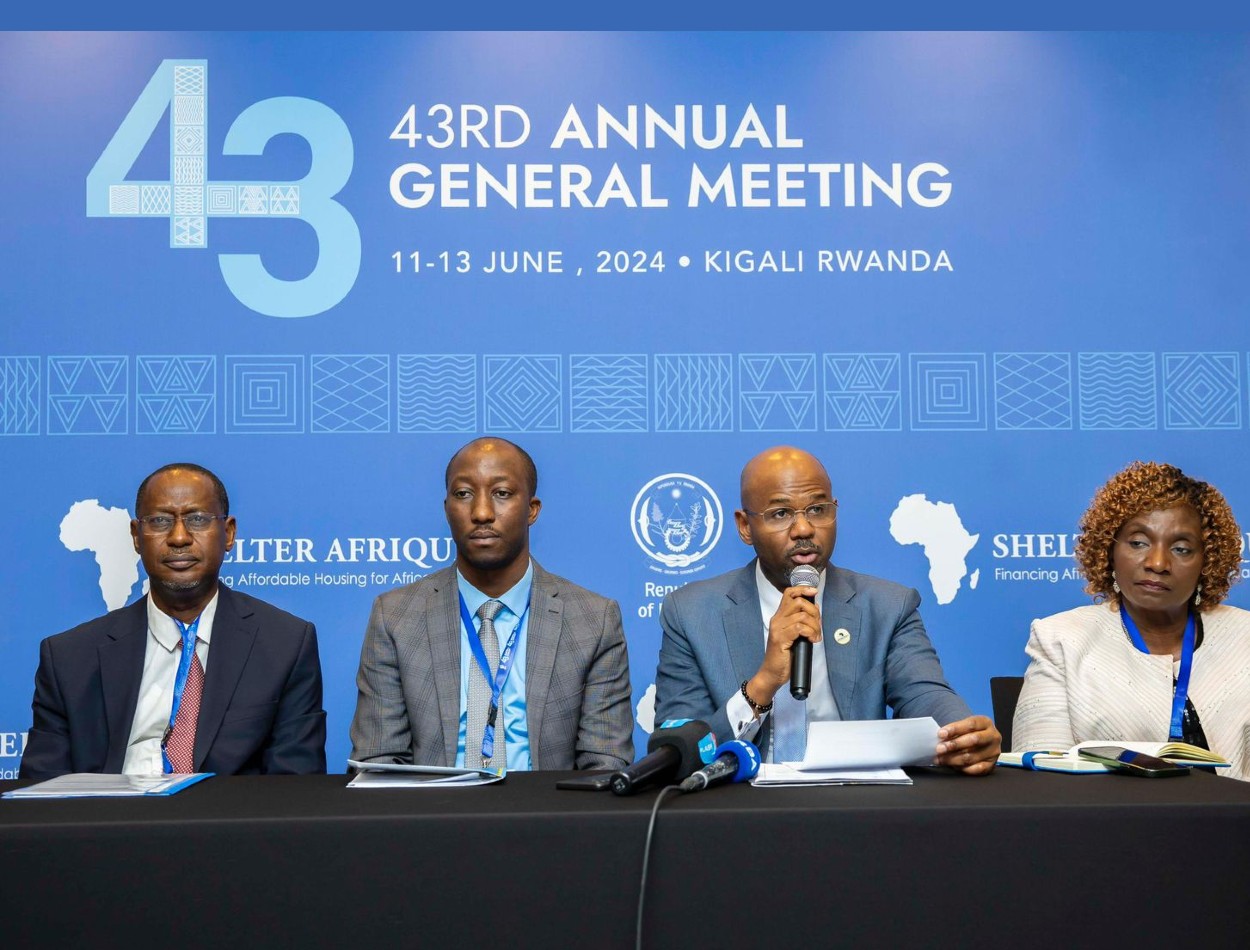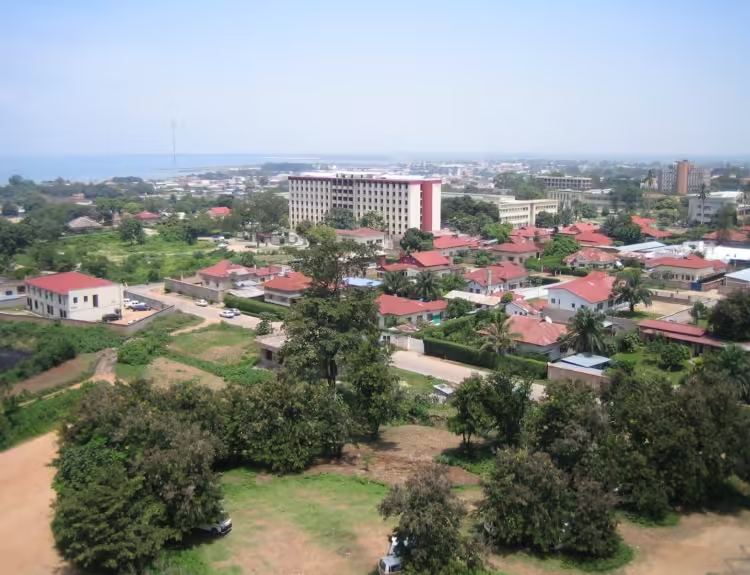Russia and the Republic of Guinea have signed a memorandum of understanding at the St. Petersburg International Economic Forum (SPIEF) to collaborate on developing floating nuclear power units. This groundbreaking initiative will enhance Guinea’s electricity supply with innovative sea-based power plants.
Developed by Russia’s state-owned Rosatom, the floating nuclear power plants are designed to provide electricity and heat to remote areas, with the potential for desalinating seawater to produce drinking water. Rosatom’s RITM-200 reactors, proven effective in nuclear-powered icebreakers, will power these floating units.
This partnership is part of Russia’s broader strategy to strengthen ties with African nations through nuclear and military cooperation.
Russia’s nuclear deals in Africa
In recent years, Russia has initiated several nuclear projects across the continent, including the construction of the fourth unit of Egypt’s Dabaa nuclear power plant, which began in January 2024. Russian President Vladimir Putin and Egyptian President Abdel Fattah al-Sisi officially launched this significant project.
In addition to Guinea and Egypt, Russia has been expanding its nuclear footprint in other African countries. Burkina Faso and Rosatom are finalizing a nuclear deal to build a reactor, following discussions between Burkina Faso’s military government and President Putin.
In March, Yacouba Zabré Gouba, Burkina Faso’s Minister of Energy, Mines, and Quarries, shared the development during an interview with Sputnik Africa on the sidelines of the International Forum on Nuclear Energy in Sirius Federal Territory, Russia.
“The establishment of this power plant will initially help reduce the energy deficit and eventually support all sectors of Burkina Faso’s socio-economic life,” he said.
Similarly, Mali signed an agreement with Rosatom during AtomExpo in March to develop nuclear energy infrastructure.
Tanzania, Nigeria, and Rwanda have also expressed interest in collaborating with Russia on nuclear technology and energy projects. Tanzania’s Minister for Minerals, Doto Biteko, announced plans to explore nuclear technology in August 2023 during the ‘Cooperation in Science and Technology’ panel discussion titled ‘Nuclear Technologies for the Development of the African Region.’
Central to Tanzania’s plan is the development of its abundant uranium reserves discovered in various regions of the country. Partnering with Russia and gaining access to its nuclear technology could expedite uranium exploration, leading to unprecedented growth in the nation’s nuclear energy sector.
Nigeria is also actively working with Rosatom to accelerate its nuclear energy initiatives, with the Nigerian Atomic Energy Commission aiming to train personnel and establish a robust partnership.
The West African country has in the past also stated its ambition to join the BRICS group of nations and collaborate on nuclear energy projects with Russia.

Although Rwanda signed an agreement with Rosatom in 2019 to establish nuclear facilities, it was met with intense criticism over safety concerns.
“There is no survey that can convince me that there is a place in this country where a nuclear reactor or a nuclear plant can be built without putting the people at risk,” said Frank Habineza, the president of Rwanda’s primary opposition party, the Democratic Green Party of Rwanda.
South Africa, the only African country currently using nuclear power, operates the Koeberg Nuclear Power Station, built 40 years ago. The nation is exploring options for new nuclear projects to address its energy challenges.
Notably, South Africa almost built a second power station after former President Jacob Zuma’s government signed a deal shrouded in secrecy with Russia in 2014. However, the plans were put on hold after a court cancelled the deal three years later saying the right processes weren’t followed.
The Russia state-owned Rosatom has been on a mission to penetrate the African market, recognizing the continent’s significant economic potential. The company introduced the world’s first floating power station, the Akademik Lomonosov, in 2018. It provides electricity to a town of 100,000 people in the sparsely populated Chukotka Autonomous District in Russia.
Are nuclear power plants safe?
In terms of safety from natural disasters and human sabotage, Anton Lebedev, director-general of ZiO-Podolsk, assured reporters, “We have more than 50 years of experience of accident-free operation of nuclear power plants and facilities.” (ZiO-Podolsk is a power machine building plant located in Podolsk, Russia. The company designs and manufactures equipment for nuclear and thermal power plants, as well as for the gas and oil industries.)
However, environmentalists have often highlighted the concern of spent nuclear fuel, which remains radioactive and needs to be stored for a million years.
To this Lebedev explained, “We have experience as the Russian Federation of how to handle spent nuclear fuel, and we know how to refuel, how to store it, how to recycle it. We have a closed fuel cycle where we can use the spent nuclear fuel again.”
“The actual power units of the floating nuclear stations will remain Rosatom’s property, with only the power sold to consumers.”
Lebedev mentioned that the costs of power production would remain stable, although currency fluctuations could be a variable factor.
“If we talk about the value of our power units, these power units will present an ecologically safe and clean energy source. Also, it’s reliable, cost-effective, and will operate for the long term, thus supplying power to customers who live in remote regions without access to traditional power energy sources,” he added.






